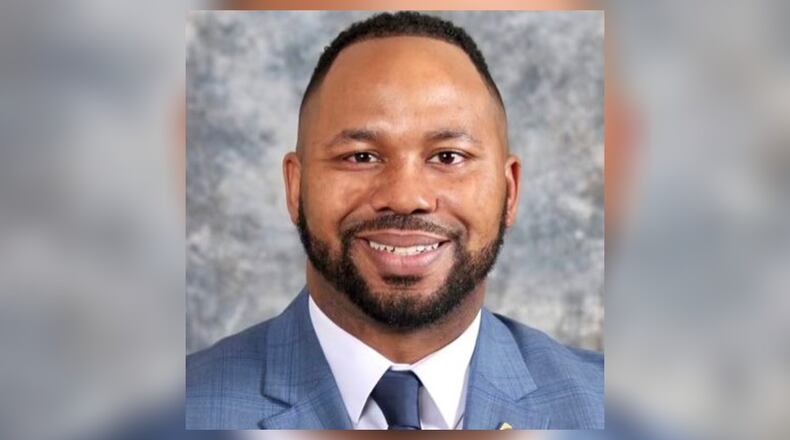Mental health across our community has been greatly impacted due to the isolation and stress caused by the COVID-19 pandemic. Social isolation and loneliness has led to mental health concerns for many Americans, but particularly veterans who may already be suffering from these invisible wounds. The pandemic has led to increased instability in relationships, difficulties finding employment and food and housing insecurity - all of which has exacerbated the need for recognition and treatment of existing mental health concerns throughout our community. Uncertainty in these foundational blocks are risk factors for veteran homelessness.
Currently, being a veteran increases the likelihood of becoming homeless. According to the Department of Housing and Urban Affairs (HUD), in 2019, 21 out of every 10,000 veterans were homeless. The overall homeless rate that same year was 17 out of every 10,000 Americans. In 2020, before the pandemic, HUD reported veteran homelessness was increasing due to damaged employment prospects and financial resources. Veterans only comprise 6% of the population of the United States yet make up 8% of the country’s homeless population.
Often, veterans seeking treatment or assistance require specific documentation showing military service or honorable discharge. The DD-214 is the most common form of proof and can be obtained through an individual’s local county veteran services office. Due to the importance of the DD-214, many consider it to be the access point to earned benefits.
To best serve our veterans in obtaining their earned benefits, I implemented the Veteran Identification Card Program in August of 2018. The Veteran ID card is a bridge between the honorable service of a veteran to our great nation and their earned benefits. It can be used to assist in voting and obtaining eligibility for hospital, burial, service credit benefits, store discounts and more. To obtain the complimentary Veteran ID card, a veteran must present their DD-214 at the Recorders Office to be recorded and securely retained for safekeeping. At no time is the information from your DD-214 displayed on public record. More information about this program & upcoming remote Veteran ID Card Clinics can be found at www.mcrecorder.org or by contacting Denise Gerhard at the Montgomery County Recorder’s Office at (937) 224-3857.
Brandon McClain is the Montgomery County Recorder.
About the Author
